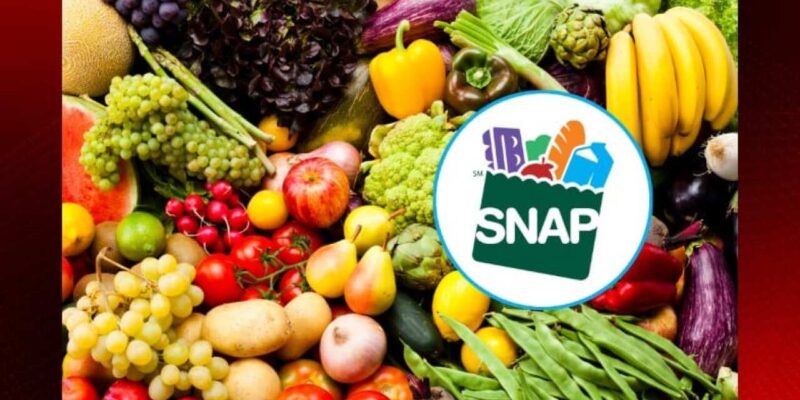So, let’s get this straight: not only must Louisiana taxpayers continue to bestow gifts, but that the recipients get to dictate what gifts—and in a manner that costs taxpayers even more?
More evidence of just how far off the rails the political left has gone in Louisiana—and America—came at a Louisiana Senate committee hearing last week, where it was argued that taxpayers should continue to facilitate poorer health outcomes. This arose during debate over SB 14 by Republican state Sen. Patrick McMath, a bill that would disallow public schools from serving meals containing ingredients identified by nutrition experts as contributing to chronic health conditions, and would begin the process of removing soft drinks from eligibility for Supplemental Nutrition Assistance Program (SNAP) purchases, which also contain some of the cited ingredients.
According to outdated data, about half of all Louisiana students attend schools qualifying for Title I assistance—meaning they’re eligible for free breakfast and/or lunch. About a fifth of Louisianans participate in SNAP, which nationally cost almost $113 billion in 2023.
It makes sense that taxpayers should steer children and families towards healthier alternatives. By definition, qualifying for these benefits indicates lower-income households, who also disproportionately rely on taxpayer-funded health care. Spending public dollars in a way that leads to more public spending—due to the choices made by those receiving the benefits—is not only counterintuitive, but wasteful.
Except in the eyes of some committee Democrats. Katrina Jackson-Andrews, for example, moaned that under the bill, parents couldn’t give their children “treats.” Gerald Boudreaux whined that this was too much government restriction of people’s behavior. Their objections echoed those of interest groups representing food and beverage vendors, who also opposed the bill’s labeling requirements.
You would think the leftists involved would welcome an opportunity to stick it to Big Food and Drink—industries they constantly kvetch about over pricing and access for poorer households. That they insist the less-productive segment of society has a divine right to purchase whatever they want with other people’s money betrays that they don’t really care about the best use of tax dollars or the welfare of benefit recipients. Their main goal is wealth redistribution—no questions asked, and no expectation that public assistance should push people toward genuine autonomy and independence.
Most nauseating is the attitude that placing restrictions on purchases—whether through SNAP or school cafeteria choices—somehow stigmatizes beneficiaries. Why would anybody care if someone drank milk instead of soda in the cafeteria or bought it at the store? And if you’re dumb enough to turn your nose up at free food and drink—paid for by someone else—because you decided to feel hurt, that’s on you.
Above all, we cannot forget the purpose of assistance is to encourage and cultivate behavior that moves people off of it. For a small segment, bad luck or aging may prevent that progression—but for everyone else, policy cannot be based on the idea that welfare is some kind of no-strings-attached entitled payback, as the left would have it.
If it’s your money, buy whatever you want on the shelves. But if you’re living off somebody else’s, you don’t get to make that call.
The bill passed committee and now heads to the Senate floor—where, if anything, lawmakers should request more restrictions from the federal government on SNAP usage.
Advertisement
Advertisement

